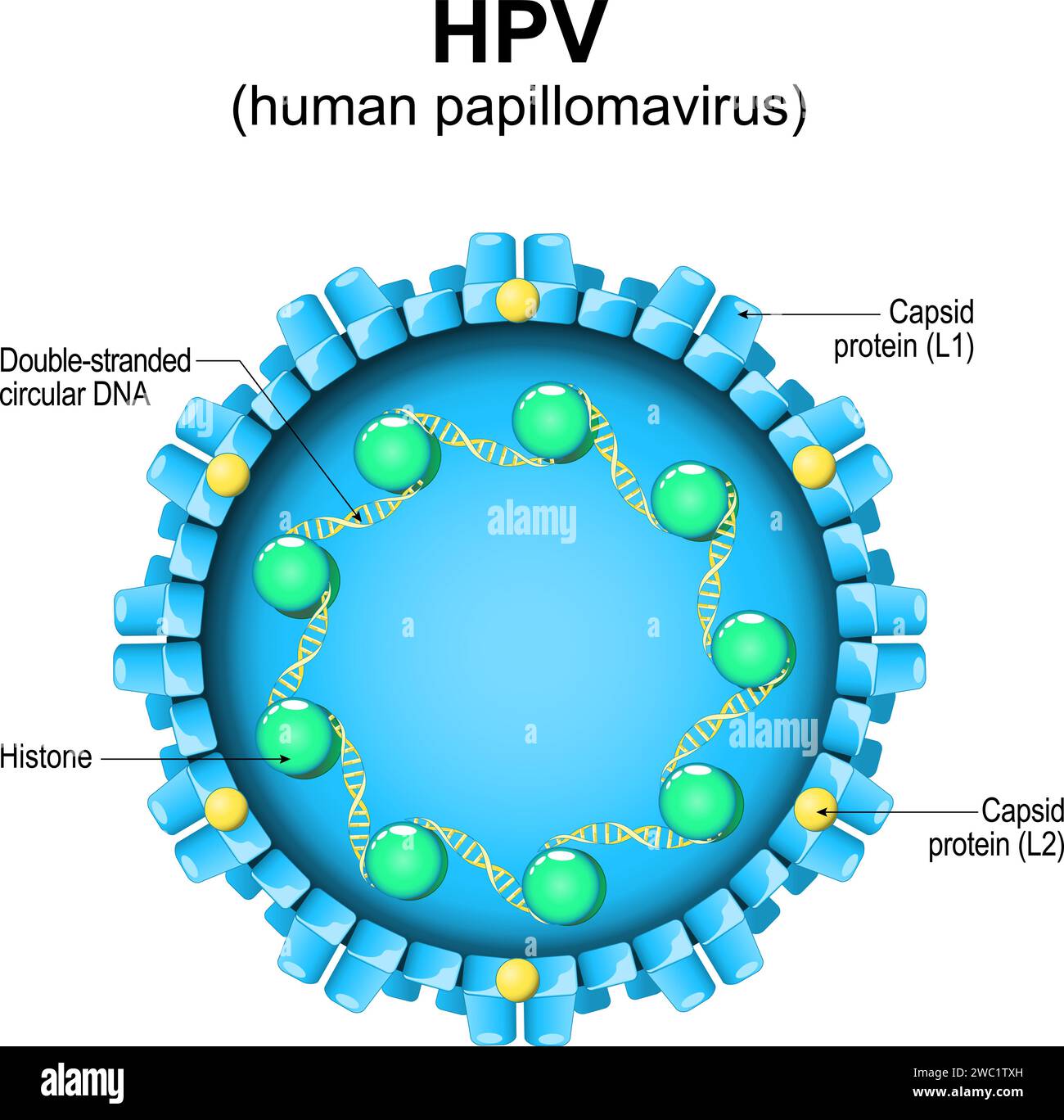Genes, Free Full-Text
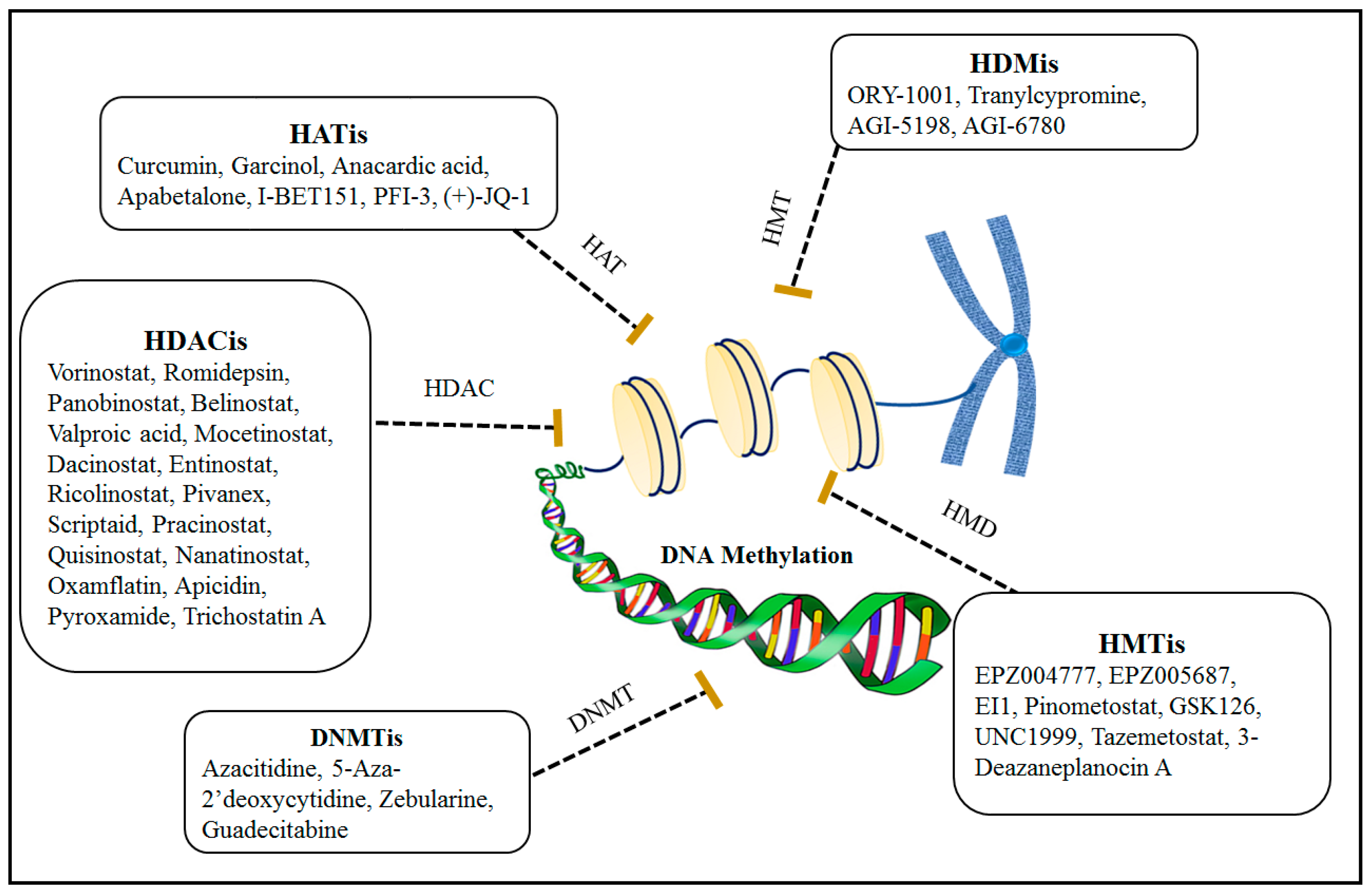
Epigenetics has long been recognized as a significant field in biology and is defined as the investigation of any alteration in gene expression patterns that is not attributed to changes in the DNA sequences. Epigenetic marks, including histone modifications, non-coding RNAs, and DNA methylation, play crucial roles in gene regulation. Numerous studies in humans have been carried out on single-nucleotide resolution of DNA methylation, the CpG island, new histone modifications, and genome-wide nucleosome positioning. These studies indicate that epigenetic mutations and aberrant placement of these epigenetic marks play a critical role in causing the disease. Consequently, significant development has occurred in biomedical research in identifying epigenetic mechanisms, their interactions, and changes in health and disease conditions. The purpose of this review article is to provide comprehensive information about the different types of diseases caused by alterations in epigenetic factors such as DNA methylation and histone acetylation or methylation. Recent studies reported that epigenetics could influence the evolution of human cancer via aberrant methylation of gene promoter regions, which is associated with reduced gene function. Furthermore, DNA methyltransferases (DNMTs) in the DNA methylation process as well as histone acetyltransferases (HATs)/histone deacetylases (HDACs) and histone methyltransferases (HMTs)/demethylases (HDMs) in histone modifications play important roles both in the catalysis and inhibition of target gene transcription and in many other DNA processes such as repair, replication, and recombination. Dysfunction in these enzymes leads to epigenetic disorders and, as a result, various diseases such as cancers and brain diseases. Consequently, the knowledge of how to modify aberrant DNA methylation as well as aberrant histone acetylation or methylation via inhibitors by using epigenetic drugs can be a suitable therapeutic approach for a number of diseases. Using the synergistic effects of DNA methylation and histone modification inhibitors, it is hoped that many epigenetic defects will be treated in the future. Numerous studies have demonstrated a link between epigenetic marks and their effects on brain and cancer diseases. Designing appropriate drugs could provide novel strategies for the management of these diseases in the near future.
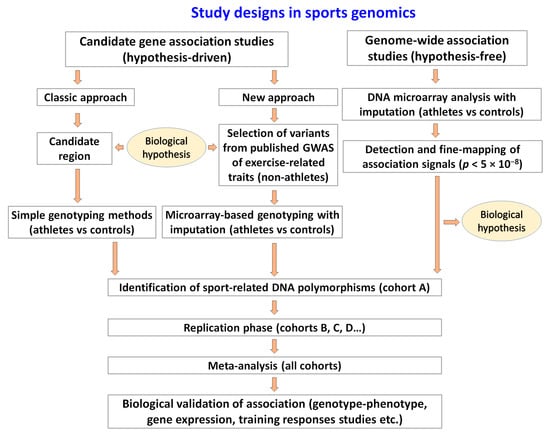
Genetics A Molecular Approach By Ta Brown Pdf Free - Colaboratory
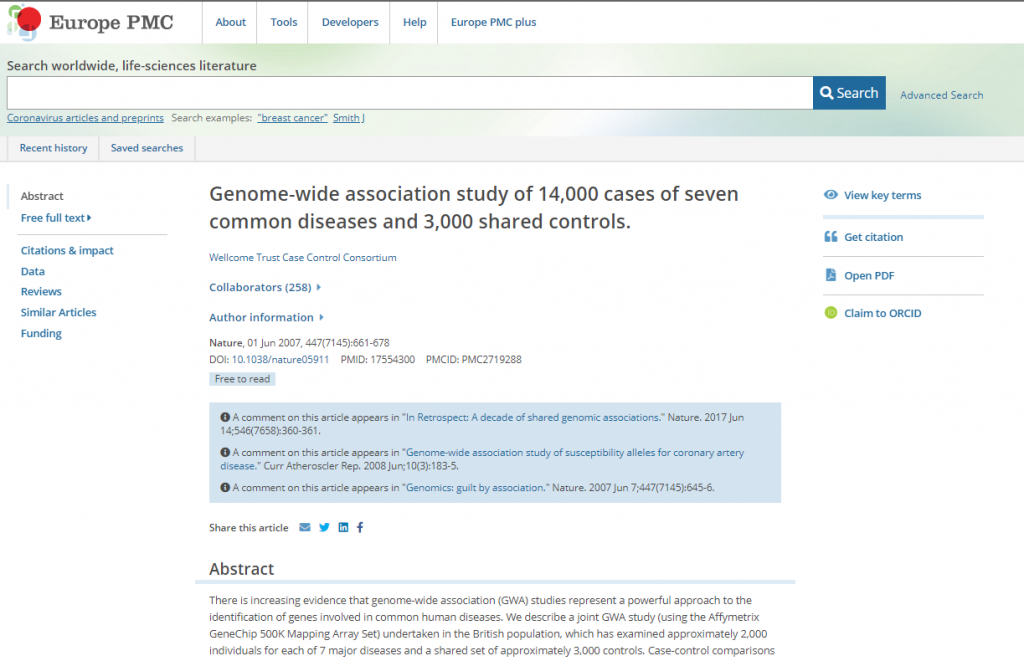
Case study 4: Starting with the literature

Characterization of genetic lesions in apoptosis-regulating and proliferation control genes in diffuse large B-cell non-Hodgkin′s lymphoma – topic of research paper in Clinical medicine. Download scholarly article PDF and read for free
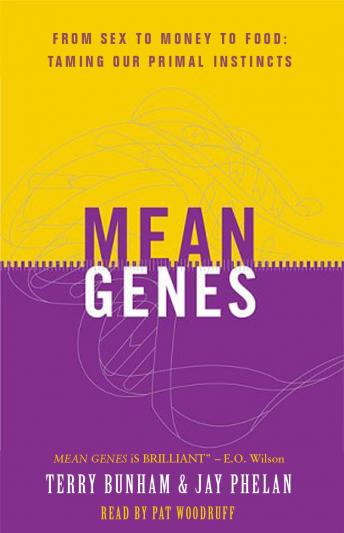
Listen Free to Mean Genes by Terry Burnham, Jay Phelan with a Free Trial.
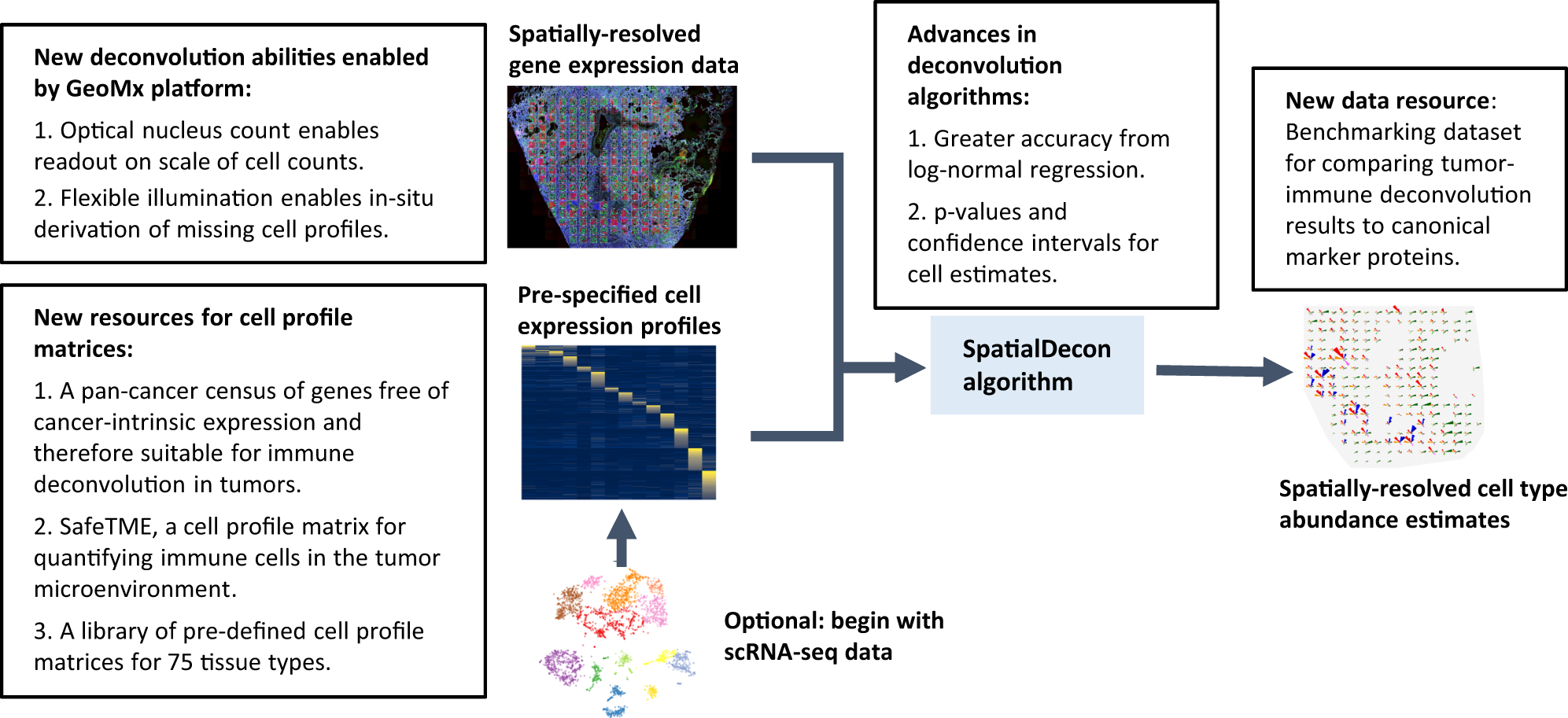
Advances in mixed cell deconvolution enable quantification of cell types in spatial transcriptomic data
Identification and sequence analysis of the Rhizobium meliloti dctA gene encoding the C4-dicarboxylate carrier. - Abstract - Europe PMC

PDF) Systematic analysis and prediction of genes associated with disorders on chromosome X

Genomic time machine' reveals secrets of our DNA

Correlation between genomic profiling of cell-free DNA (cfDNA) and
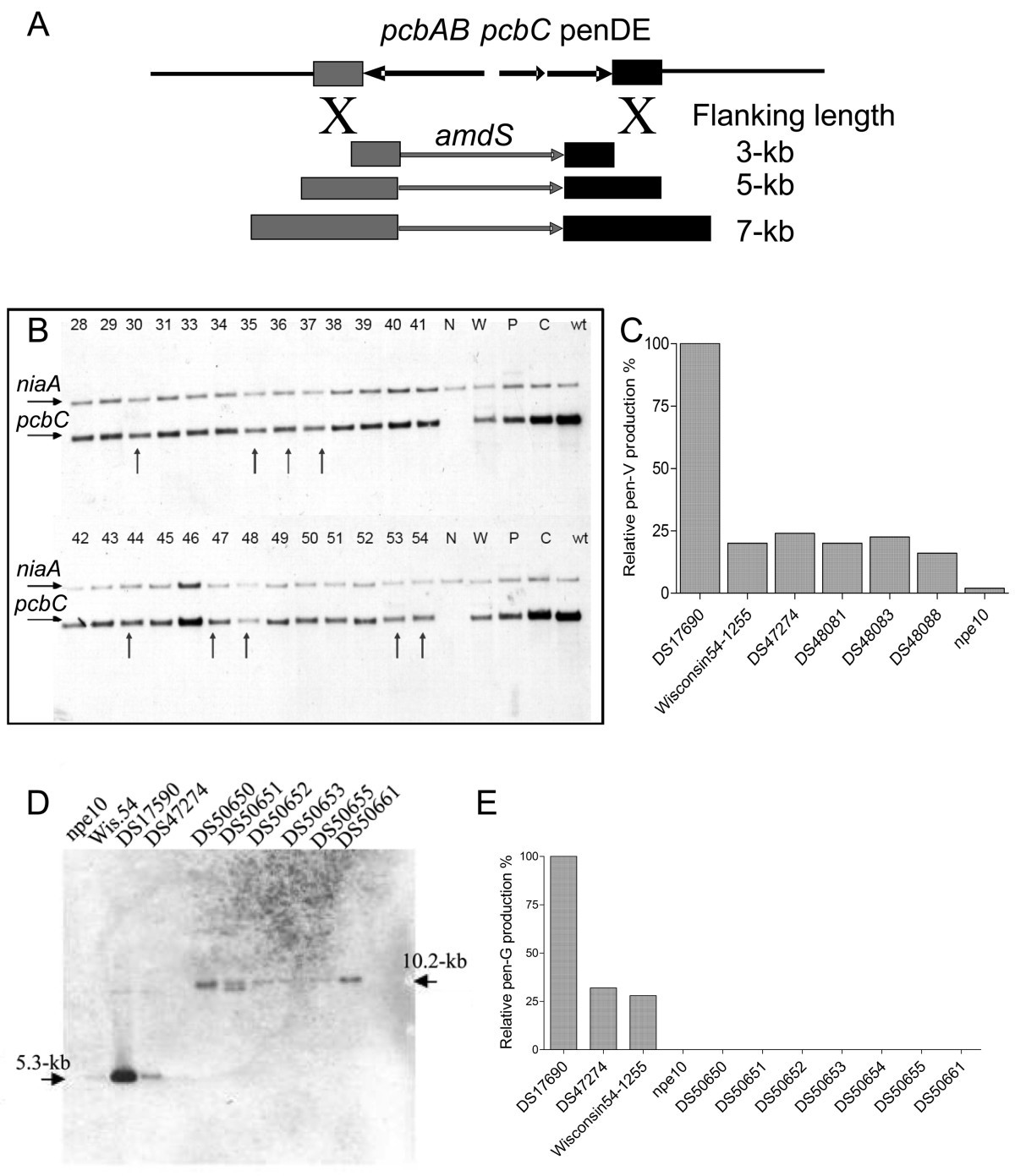
Exploring and dissecting genome-wide gene expression responses of Penicillium chrysogenum to phenylacetic acid consumption and penicillinG production, BMC Genomics








